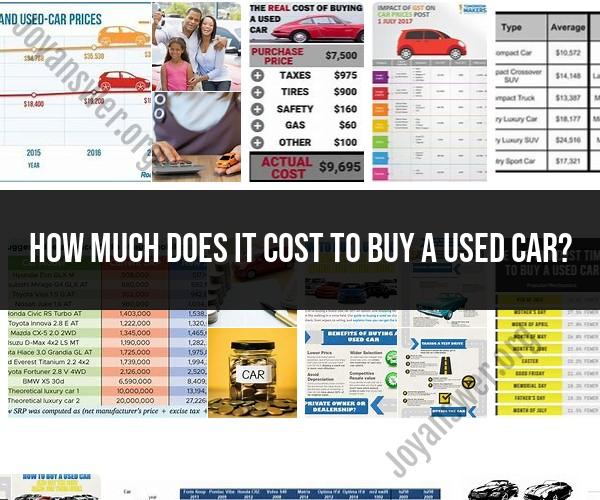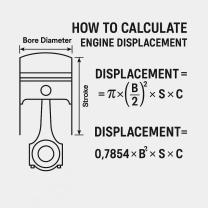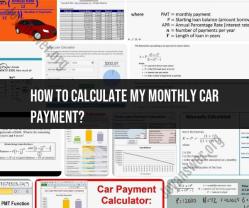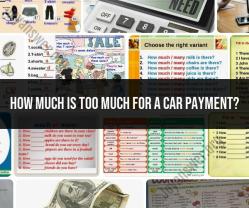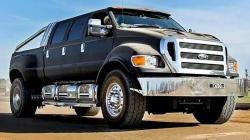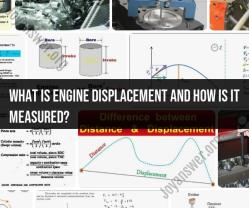How much does it cost to buy a used car?
The cost of buying a used car can vary widely depending on several factors. Here are some key considerations that influence the cost of purchasing a used car:
Vehicle Make and Model: The make and model of the car significantly impact its price. Some brands and models are known for their reliability and may command higher prices in the used car market. Luxury and high-performance vehicles also tend to have higher price tags.
Age of the Car: Generally, older cars are less expensive than newer ones. However, some classic or vintage cars can be quite valuable. The depreciation rate of a car also affects its price; newer cars depreciate more rapidly in their early years.
Mileage: The number of miles a car has been driven is a critical factor. Lower mileage typically correlates with a higher price. Cars with very high mileage may be significantly cheaper but may come with more maintenance and reliability issues.
Condition: The overall condition of the car, including its mechanical and cosmetic state, plays a substantial role in pricing. Well-maintained cars in excellent condition typically cost more than those requiring repairs or refurbishment.
Vehicle History: The car's history, including its accident history, title status (clean or salvaged), and maintenance records, can impact its price. A car with a clean history and documented maintenance tends to be more expensive.
Location: Car prices can vary by region due to factors such as local demand, weather conditions, and supply. In some cases, it might be more cost-effective to purchase a car from a different location and transport it.
Market Trends: Market dynamics, including supply and demand for specific car types, can affect pricing. Seasonal trends and economic conditions can also impact prices.
Features and Options: The presence of additional features and options, such as leather seats, a sunroof, advanced infotainment systems, or safety features, can increase the price of a used car.
Dealer vs. Private Seller: Buying from a dealership may be more expensive than purchasing from a private seller, but it often comes with certain advantages like warranties and inspections.
Negotiation Skills: Your ability to negotiate can influence the final purchase price. Skilled negotiators may be able to secure a lower price than the initial asking price.
Vehicle Identification Number (VIN) Check: Before buying a used car, it's advisable to obtain a VIN report to check for any hidden issues, such as accidents or title problems. These reports may come with a cost but can save you from potential headaches later.
Additional Costs: Consider other costs associated with car ownership, such as insurance, taxes, registration fees, and ongoing maintenance.
It's important to research and compare prices for the specific make, model, and year of the used car you're interested in. Online marketplaces and classified ads can provide pricing information for similar vehicles in your area. Additionally, having a trusted mechanic inspect the car before purchase can help you identify any hidden issues and make an informed decision.
Ultimately, the cost of buying a used car varies widely, and your budget, preferences, and the specific characteristics of the car you're interested in will determine the final price you're willing to pay.
